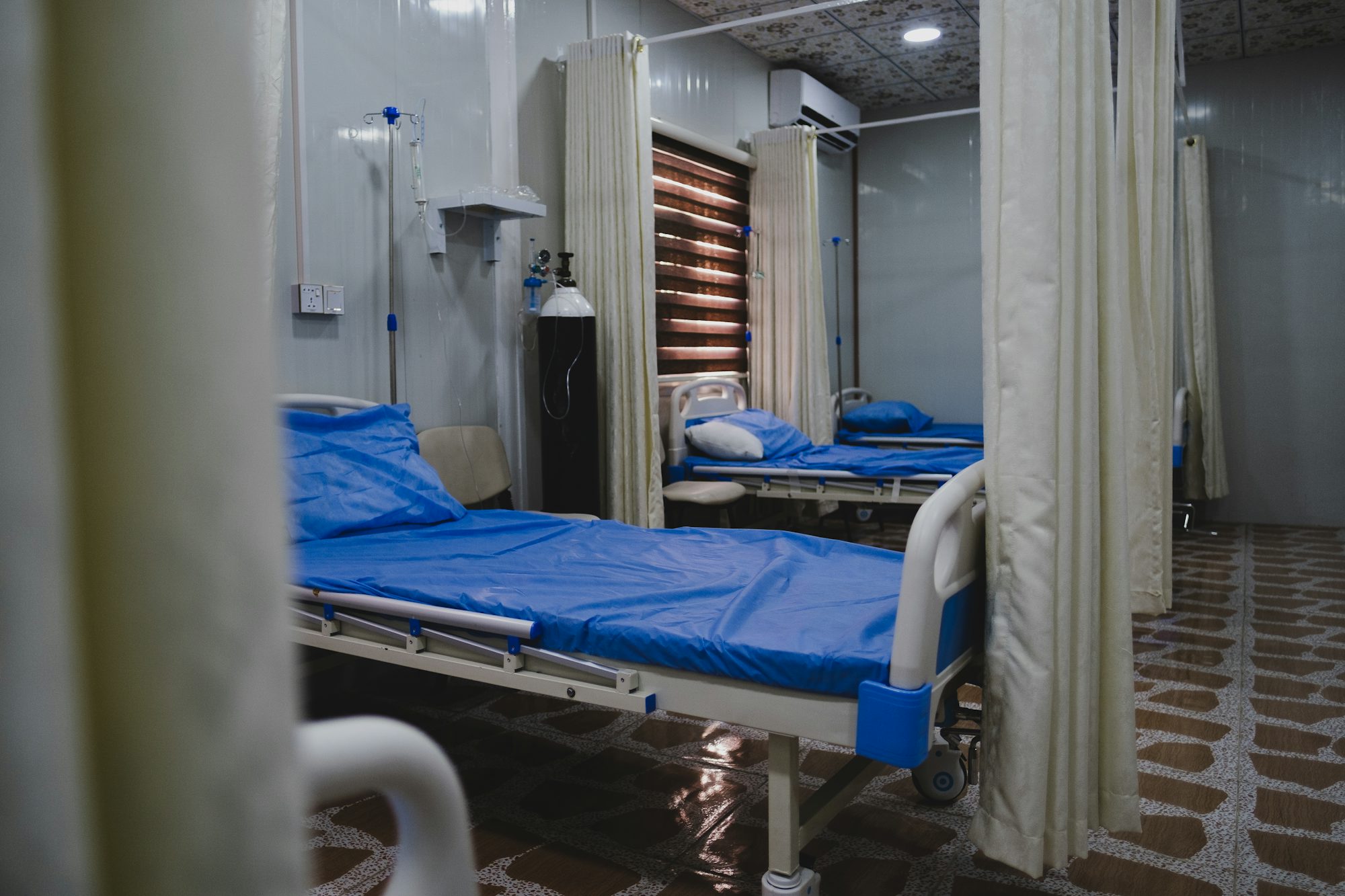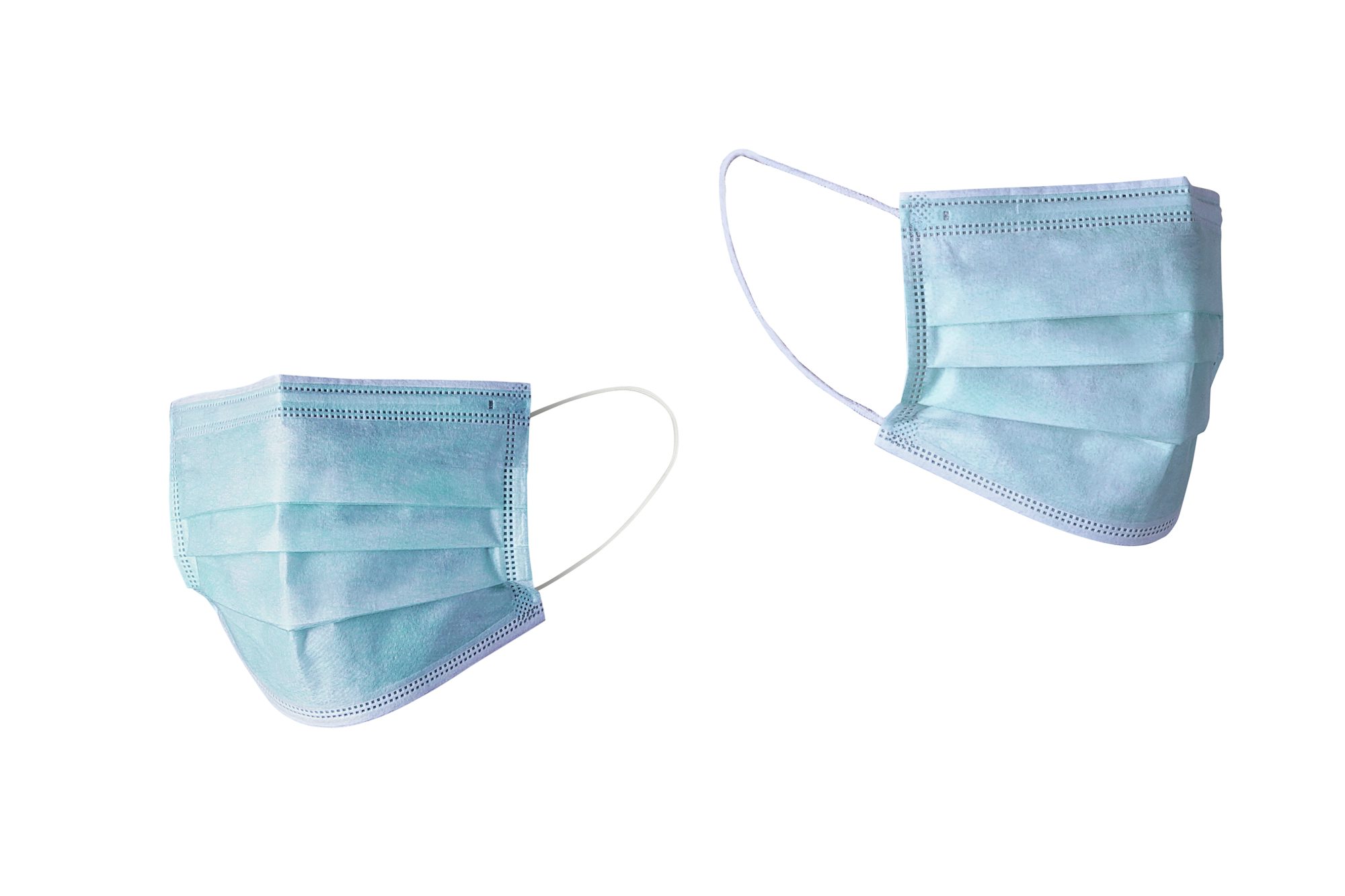In the modern healthcare landscape, specialized clinics have become a cornerstone for delivering high-quality, targeted care. While general medical practices serve as the first point of contact for most patients, specialized clinics focus on particular medical fields, providing expert attention to specific health conditions. These clinics, ranging from dentistry to cardiology, play a pivotal role in the prevention, diagnosis, and treatment of health issues, offering a depth of knowledge and advanced treatment options that general practitioners might not always be able to provide.
With healthcare systems around the world becoming increasingly complex, specialized clinics offer patients a more streamlined, efficient way to address their specific health concerns. These clinics are often led by professionals with advanced training in a particular field, allowing for more personalized care and better outcomes for patients. Whether it’s a routine check-up or a specialized treatment plan, specialized clinics are equipped to provide the expertise and tools necessary to address a wide array of medical conditions.
The Rising Demand for Specialized Care
The demand for specialized care is rising as the global population grows and ages. As people live longer, chronic health conditions become more prevalent, and the need for targeted care has never been greater. Specialized clinics address this need by offering patients the expertise and attention they require to manage complex health issues.
This trend is particularly noticeable in areas such as cardiology, orthopedics, dermatology, and mental health. In these fields, specialized clinics have revolutionized the approach to care, providing patients with access to the latest technologies, treatments, and knowledge that are often unavailable at general practices. For example, a cardiology clinic is equipped with advanced diagnostic tools, such as stress tests and echocardiograms, to assess heart health in ways a general practitioner cannot. By offering such specialized services, these clinics can detect and address heart-related issues early, improving overall patient outcomes.
The increase in demand for specialized services is also driven by the growing awareness of the importance of prevention and early intervention. More people are seeking out specialized care to manage and prevent chronic conditions such as diabetes, arthritis, and cardiovascular disease. Specialized clinics are at the forefront of this trend, offering preventive services such as screenings, health assessments, and counseling to help patients avoid or delay the onset of these conditions.
Types of Specialized Clinics and Their Impact
There are numerous types of specialized clinics, each serving a distinct purpose in addressing particular health concerns. Below, we explore some of the most common and impactful types of specialized clinics that contribute significantly to healthcare:
– Dental Clinics: Ensuring Oral Health
Dental clinics play a fundamental role in maintaining good oral health, which has far-reaching effects on overall well-being. Regular visits to a dental clinic for check-ups, cleanings, and preventive care help avoid serious oral health issues, such as cavities and gum disease, which can also impact other areas of health, such as heart health. Beyond routine care, dental clinics are equipped to perform complex procedures, such as root canals, dental implants, and orthodontics, addressing both cosmetic and functional concerns.
– Orthopedic Clinics: Supporting Mobility and Bone Health
Orthopedic clinics are specialized centers that focus on the musculoskeletal system, which includes the bones, joints, muscles, and ligaments. These clinics provide treatment for a wide range of conditions, including fractures, sports injuries, arthritis, and back pain. The key benefit of visiting an orthopedic clinic is the access to professionals who are experts in bone and joint health. These specialists utilize advanced diagnostic tools, such as MRIs and X-rays, and offer treatment options like physical therapy, injections, and surgery to restore mobility and improve quality of life.
– Cardiology Clinics: Protecting Heart Health
Cardiology clinics are dedicated to diagnosing, treating, and managing heart-related conditions. Heart disease is one of the leading causes of illness globally, and cardiology clinics play a crucial role in diagnosing risk factors such as high blood pressure, cholesterol levels, and heart arrhythmias. These clinics utilize a wide array of diagnostic tools, including stress tests, echocardiograms, and ECGs, to assess heart health and provide timely interventions. Patients at cardiology clinics receive personalized care to prevent heart disease, manage existing conditions, and improve their overall cardiovascular health.
– Dermatology Clinics: Maintaining Skin Health
Dermatology clinics specialize in the diagnosis and treatment of skin conditions, ranging from acne and eczema to more serious conditions such as psoriasis and skin cancer. These clinics offer patients access to the latest treatments, including laser therapy, chemical peels, and dermatological surgery, as well as cosmetic procedures for skin rejuvenation. Dermatologists at these clinics are experts in understanding the complex functions of the skin, and they provide both medical and aesthetic solutions to maintain healthy, glowing skin.
– Mental Health Clinics: Supporting Emotional and Psychological Well-Being
Mental health clinics are dedicated to addressing the emotional and psychological needs of patients, offering therapies for a wide range of mental health concerns, including anxiety, depression, and stress. These clinics provide a safe space for individuals to receive counseling, therapy, and medication management, helping them cope with the challenges of daily life. With the growing recognition of the importance of mental health, mental health clinics are essential for promoting emotional well-being and helping individuals lead balanced, fulfilling lives.
– Women’s Health Clinics: Focusing on Reproductive and General Health
Women’s health clinics are specialized centers that provide care for the unique medical needs of women. These clinics offer services such as gynecological exams, family planning, prenatal and postnatal care, and menopause management. By focusing specifically on women’s health, these clinics are able to offer more comprehensive and personalized care, addressing both physical and reproductive health needs. Women’s health clinics also provide education on women’s wellness, helping women stay informed and proactive about their health.
– Rehabilitation Clinics: Aiding Recovery and Rehabilitation
Rehabilitation clinics specialize in helping patients recover from injuries, surgeries, or debilitating conditions that impact their physical and mental well-being. These clinics provide physical therapy, speech therapy, occupational therapy, and other rehabilitation services to help patients regain their strength and independence. Whether recovering from a stroke, sports injury, or surgery, rehabilitation clinics offer a comprehensive approach to restoring patients’ health and functionality.
Benefits of Specialized Clinics in Healthcare
Specialized clinics offer several benefits that contribute to improved patient care and health outcomes:
– Expertise and Specialization
One of the primary advantages of specialized clinics is the level of expertise they provide. These clinics are staffed by healthcare professionals who are experts in their respective fields, allowing for more accurate diagnoses and more effective treatments. By focusing solely on a particular area of healthcare, these specialists are able to offer in-depth knowledge and advanced care options.
– Personalized Care
Specialized clinics offer a more tailored approach to healthcare. Patients at these clinics receive individualized care plans based on their unique health needs, medical history, and personal preferences. This personalized care leads to better patient outcomes, as specialists can focus on the specific factors affecting a patient’s health.
– Access to Advanced Technology
Specialized clinics are often equipped with the latest medical technologies, allowing them to offer cutting-edge diagnostic and treatment options. From advanced imaging techniques to innovative therapies, these clinics provide patients with access to the most up-to-date healthcare solutions.
– Improved Health Outcomes
Because specialized clinics focus on specific health concerns, they are often able to deliver better health outcomes. Patients who visit specialized clinics for routine check-ups, screenings, or treatments are more likely to receive accurate diagnoses and appropriate treatments, which can lead to improved health and a reduced risk of complications.
Conclusion: Specialized Clinics – A Vital Component of Modern Healthcare
Specialized clinics play an essential role in the modern healthcare system, offering targeted care and advanced treatment options that general practitioners may not be able to provide. From dental care and mental health support to cardiovascular health and rehabilitation, specialized clinics provide patients with the expertise and resources they need to manage their health effectively. As healthcare continues to evolve, these clinics will remain an integral part of delivering high-quality, personalized care that enhances the overall patient experience and improves health outcomes.








